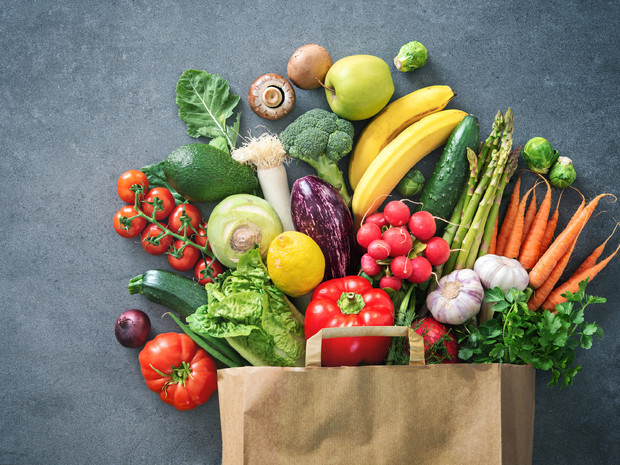Vegetables are an essential part of a healthy and balanced diet, but even vegetables can have a negative effect on the body. What vegetables should be eaten with care, we understand our material.
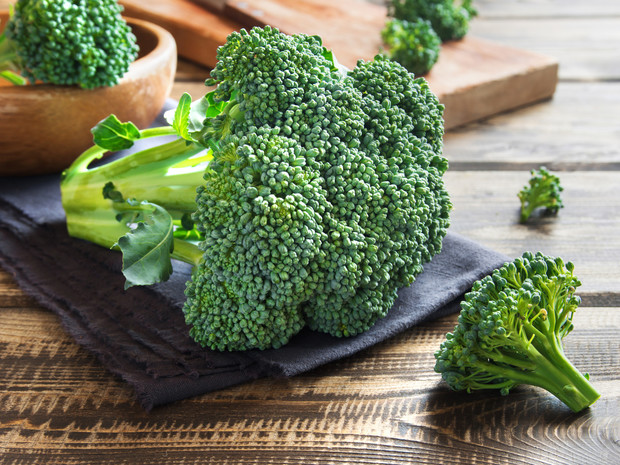
Broccoli, Brussels sprouts, turnips, kohlrabi, watercress – cruciferous vegetables have many beneficial properties and are indispensable elements of a healthy diet. However, vegetables of this family are also fraught with danger – they have a goitrogenic effect, in other words, they reduce the ability of the thyroid gland to absorb iodine, which can lead to the formation of goiter. In the event that a person has problems with the functioning of the thyroid gland, cruciferous vegetables should be eaten with extreme caution – no more than 100 grams per day (while the product must be thermally processed).
In addition, cruciferous vegetables should be eaten in limited quantities and for those who suffer from gastritis, ulcers, pancreatitis, liver and kidney disease, since these products stimulate the digestive tract and can cause a number of complications – in such cases, it is worth consulting before introducing cruciferous vegetables into the diet. with a doctor.
Potatoes
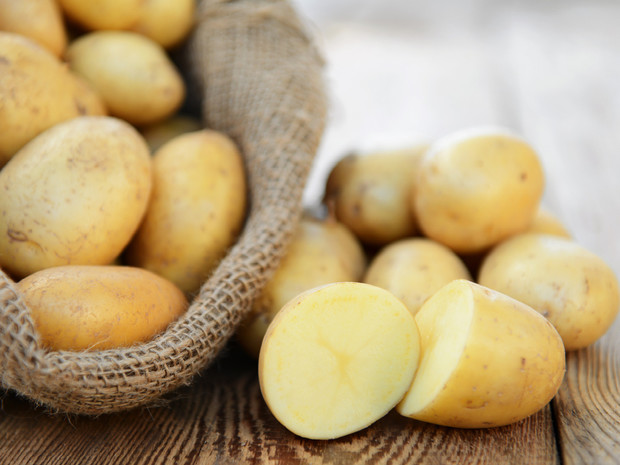
Potatoes are one of the most popular foods – mashed potatoes, boiled and fried potatoes, potato casseroles and all sorts of snacks made from this vegetable are common dishes for many people. Undoubtedly, potatoes have a lot of useful properties, but they should not be abused – the fact is that this product, in addition to complex carbohydrates, also contains simple ones, and therefore, with excessive consumption, there is a high risk of obesity, and the high glycemic index that some dishes have from potatoes, for example, mashed potatoes, is a contraindication for patients with diabetes mellitus.
In addition, potatoes contain starch, which makes this vegetable a difficult-to-digest food, especially when combined with protein, and this ingredient can also negatively affect the functioning of the thyroid gland and the circulatory system.
However, the key point here is the method of heat treatment of the product – nutritionists remind that fried or baked potatoes in a large amount of oil (and even more so french fries) can under no circumstances be considered a healthy dish.
Asparagus
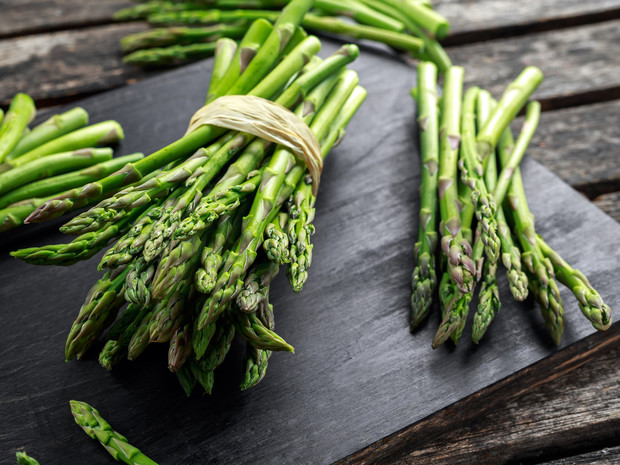
Asparagus contains a record amount of folic acid, and, in addition, helps to improve the functioning of the gastrointestinal tract, has antioxidant properties and even affects the nervous system, preventing the development of depressive conditions. At the same time, the product is also potentially dangerous for those who suffer from problems with the gastrointestinal tract – the acids contained in asparagus can be an irritant to the internal organs, and therefore patients with gastritis, ulcers and other gastrointestinal diseases should consult a specialist before use. …
In addition, asparagus also poses a danger to those who take blood-thinning drugs – the product is rich in vitamin K, which contributes to blood clotting, and therefore the joint intake of anticoagulants and asparagus can lead to thrombotic complications.
Zucchini

Zucchini is one of the most harmless foods, but even it can cause some harm to the body. The fact is that these vegetables contain a large amount of potassium, and therefore excessive use of the product by people with chronic renal failure can lead to unpleasant consequences.
In addition, with caution, it is worth introducing zucchini into their diet for those who suffer from gastrointestinal diseases – with such diagnoses, the product should be consumed in limited quantities and after heat treatment, as well as in a peeled form, since it contains elements that irritate the walls of the gastrointestinal organs. -intestinal tract.
Green tomatoes
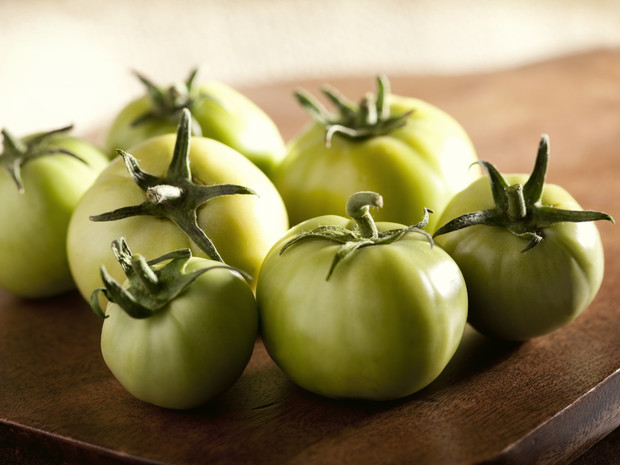
Green tomatoes contain solanine, an alkaloid that, in large doses, can lead to serious poisoning and even death (for example, 200 mg of this substance can cause symptoms of poisoning – nausea, drowsiness, dizziness and headache, weakness and difficulty breathing). At the same time, heat treatment reduces the level of hazardous substances to normal values, and therefore green tomatoes can be consumed cooked.
In addition, this product contains an increased amount of acids that can negatively affect the functioning of the gastrointestinal tract if a person has problems with the gastrointestinal tract.
Red beans
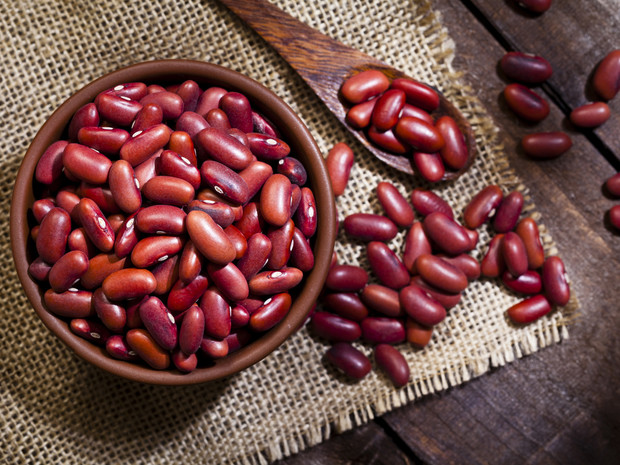
Red beans are a very nutritious product and have a lot of beneficial properties, but they are contraindicated for people suffering from gout – the product contains purines, substances that break down into uric acid. The body of a patient with a similar disease may not cope with the excess of purine breakdown products, as a result of which the condition will worsen. Also, beans should be used with caution for people with disorders of the digestive tract, since the product belongs to the category of difficult to digest and can negatively affect the functioning of internal organs.
Another important point – raw beans leads to poisoning due to the high content of phasine and phaseolunatite (toxic substances), and therefore this product must be soaked or thermally processed before eating.

